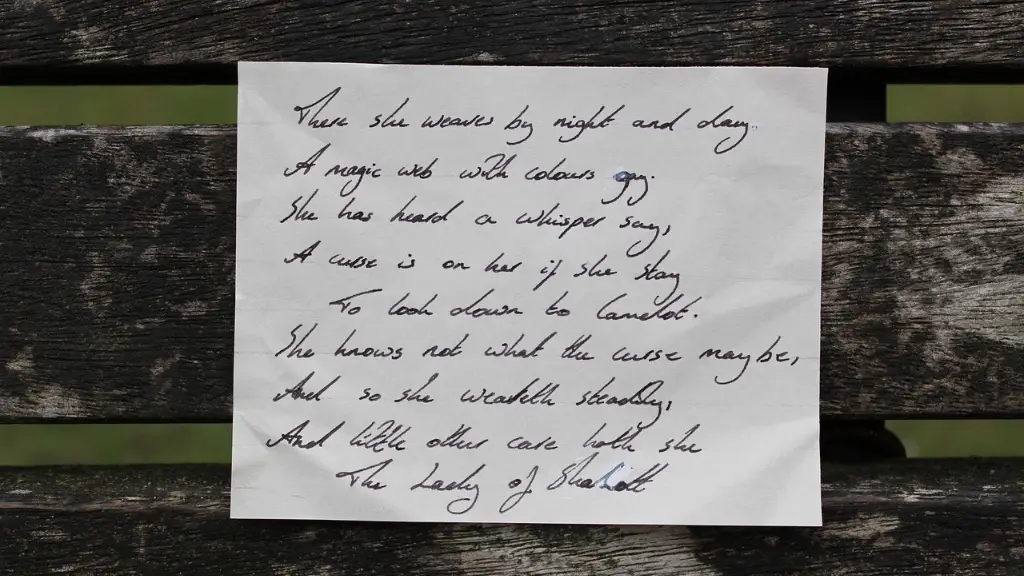Background and Introduction
Langston Hughes is known today as one of America’s most revered and best-known poets. He is admired for his works about African American culture, for his ability to capture the spirit of “the people,” and for his leadership in the Harlem Renaissance. While his poetic legacy is well-known, few people know that he was blacklisted during the McCarthy era of the 1950s—a time of deep political repression and fear of communism in the United States.
The McCarthy Era, named after the Republican Senator from Wisconsin, Joseph McCarthy, started in 1947 with the goal of finding supposed communists within the U.S. government. Despite having no proof of their claims, McCarthy and his followers accused Americans of being communists, leading to what has been termed the “Red Scare.” This led to people being excluded from government positions and being blacklisted in the entertainment industry.
One of these people was Langston Hughes. In the 1950s, Hughes was targeted by the FBI and accused of being a communist sympathizer due to his civil rights activism and progressive beliefs. His work was censored by publishers and his books were even removed from libraries. Hughes was unable to find publishers willing to publish his work and was unable to get public speaking engagements. Consequently, his career spiraled downhill and Hughes was unable to generate much income during this period.
The Outsider
From a young age, Langston Hughes was an outsider. He grew up without a father and was raised mostly by his grandmother. His mother worked for the Hughes family, whose wealth was far removed from the poverty that Hughes experienced growing up. As a result, Hughes was exposed to a diversity of experiences and people, and this had a profound effect on his writing and his views.
Despite his outsider status, Hughes was able to gain a significant following. His writings focused on African American life and celebrated the experiences of this particular demographic. Hughes wrote what he knew, and wrote from his heart and his unique perspective on life. His radical play, “Mulatto” was one of the first productions to address issues of racial passing and the complexities of biracial identity. His works, such as “The Weary Blues” and “Harlem Sweeties”, spoke to the hope and aspirations of African Americans in the 1920s and 1930s. His writings provided comfort and hope to those who read them, as he gave a voice to the voiceless in the African American community.
The Cause
In the 1940s and 1950s, the civil rights movement was growing, and the African American community was becoming more active in the struggle for political and economic freedom. Langston Hughes was at the forefront of this movement. He spoke on behalf of African Americans and their rights, and he was a passionate advocate for civil rights and equal justice. As a result, his works were seen as radical and dangerous to some.
At the same time, the McCarthy era was in full swing and the government was searching for communists and those who sympathized with them. Hughes was an outspoken critic of the government and its policies, and his works and beliefs made him the perfect target for McCarthy and his followers.
The Result
The outcome of this was devastating for Langston Hughes. Not only did he have his works banned and removed from libraries, but he also had to face blacklisting in the entertainment industry. Hughes was denied payment for his lectures and poems, and could no longer make money from his writing, effectively ending his career as a poet.
However, Hughes refused to be silenced or silenced. He still continued to write and advocate for African American rights. He did not let his blacklisting sideline his voice and his commitment to the cause of civil rights.
The Impact
Though Hughes’ blacklisting is widely seen as a great injustice, it also had some positive effects. His works resonated more deeply with the African American community and his outspokenness provided a platform for other African American poets and writers to be heard and seen. His courage was an inspiration to many, and his works continue to be appreciated to this day.
The impact of Hughes’ blacklisting can still be seen today. His works continue to give voice to the voiceless, and his legacy and courage have endured even the most difficult times. His works are seen by many as a source of strength and hope in times of adversity.
The Legacy
Even now, Hughes’ legacy lives on. His works are often praised for their enduring relevance, and he continues to be seen as one of the greatest African American poems. He is also remembered as a leader in the civil rights movement and a clear voice against injustice and inequality.
Hughes’ blacklisting can be seen as a tragic example of what can happen when the power of words are taken away. His courage in the face of adversity and his commitment to his writing and his beliefs remain an inspiration to many, and his works continue to be appreciated and celebrated.
The Modern Perspective
Today, Langston Hughes’ blacklisting is seen by many as a testament to the strength of the First Amendment. His courage and resilience in the face of adversity is seen as a symbol of freedom and a tribute to the power of the press. His works continue to speak to people of all colors and walks of life, and his legacy will endure for many years.
Looking back, Hughes’ blacklisting can also be seen as a warning of the dangers of censorship and oppressive governments. His courage and resilience in the face of adversity serve to remind us of the importance of standing up for one’s beliefs and of speaking out for what is right, no matter what the circumstances.
Finally, Hughes’ blacklisting can be seen as a reminder to use our words wisely and to stand up for our beliefs. His works continue to inspire millions of people and to remind us of the power of the written word.
The Influences
As a result of his blacklisting, Langston Hughes’ works and legacy had a great influence on many people. His works continue to be seen as a source of strength and hope in times of adversity, and his courage and resilience serve to remind us of the importance of standing up for one’s ideals.
Hughes’ commitment to his writing and his beliefs also had a great influence in the civil rights movement. His works gave voice to the voiceless, and he provided an important platform for other African American poets and writers to be heard and seen.
Finally, Hughes’ influence can be seen in his influence on the literary world. Hughes was a prolific writer and his works were seen as groundbreaking and revolutionary. His works remain important and relevant to this day, and many people continue to be inspired and motivated by his writings.
The Relevance Today
Today, Langston Hughes’ blacklisting still resonates strongly with many people. His courage and resilience in the face of adversity serve to remind us of the importance of speaking out for what is right, no matter what the circumstances. His works and legacy continue to be appreciated and celebrated, reminding us of the power of the written word and the need to stand up for our beliefs.
In light of this, it is clear that Hughes’ blacklisting still has a profound influence in today’s world. The courage and commitment that he showed in the face of adversity continue to be an inspiration to many, and his legacy continues to weigh heavily in the political and civil rights movement today. Hughes’ blacklisting provides a warning of the dangers of censorship and oppressive governments and serves to remind us that our words can have powerful effects.


